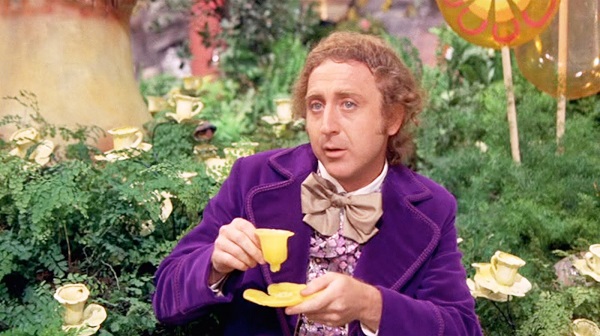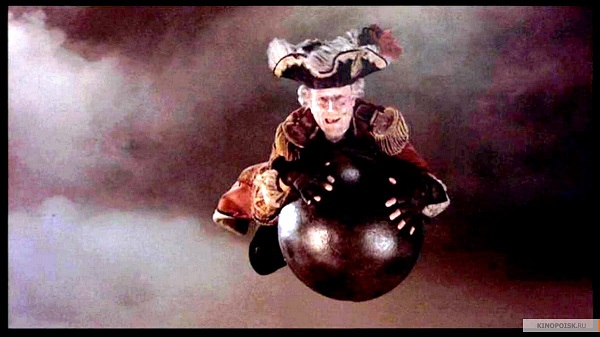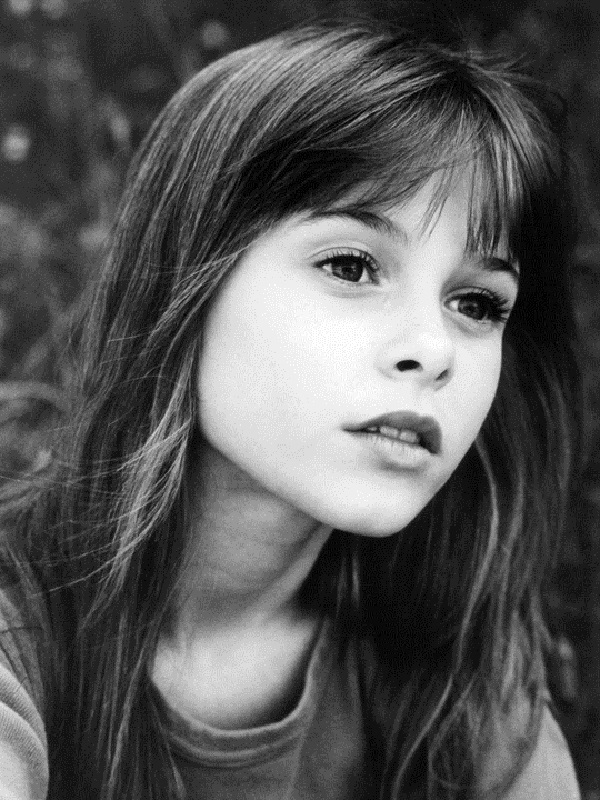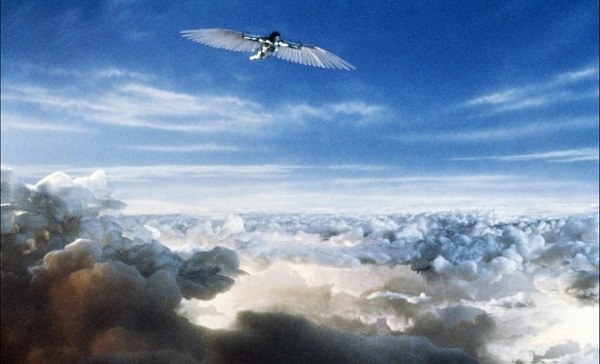The Imagination – An Essay on Film
“Foolish boy. Don’t you know anything about Fantasia? It’s the world of human fantasy. Every part, every creature of it, is a piece of the dreams and hopes of mankind. Therefore, it has no boundaries.
But why is Fantasia dying then?
Because people have begun to lose their hopes and forget their dreams. So the Nothing grows stronger.
What is the Nothing?
It’s the emptiness that’s left. It’s like a despair, destroying this world.”
Die, Unendliche Geschichte (d. Wolfgang Peterson Germany 1984) (also known as The Neverending Story)
“There is no life I know to compare to pure imagination.”
Willy Wonka and the Chocolate Factory (d. Mel Stuart USA 1971)
“He don’t want to rule the world. He wants the world to rule itself!”
The Imaginarium of Doctor Parnassus (d. Terry Gilliam UK/Canada/France 2009)
“Why, why, why! Because it’s all logic and reason now. Science, progress, laws of dynamics, laws of social dynamics, laws of this, that, and the other. No place for three-legged cyclops in the South Seas. No place for cucumber trees and oceans of wine. No place for me.”
The Adventures of Baron Munchausen (d. Terry Gilliam UK/Italy 1988)
Fantasia, imagination, imaginarium, magic. What are these things? What do they do? How do they function? We could dispute terminology but for the purposes of this blog post I shall offer simply the imagination. Since fantasy would give wake to an entire genre that is not entirely relevant. Dreams offers something much more unpredictable and far less defined and magic can imply trickery. I would like to look into the theme of the imagination as an active force, something that can act and be reacted against. I would like to firstly state that I write this as a means to open up a discussion. How does the imagination act in films? And more importantly why do filmmakers use it? To elaborate on these ideas I would like to take a close look into several films to demonstrate exactly what I’m getting at.
Die, Unendliche Geschichte is a film about a boy who escapes his world for that of fantasia, by reading a book. This book offers first an escape of that of a real book, but secondly offers a far more active role as the boy, Bastian (Barret Oliver), finds himself to be a part of the book. The book he reads tells of Atreyu (Noah Hathaway) and his quest to defeat the Nothing. The Nothing being something hard to define as it almost has a character whilst also being a state or tool. Either way, the Nothing is destroying the world of Fantasia in which, Atreyu lives with many others. In the quote above fantasia is referred to as imagination, it is place, characters, stories and feelings. And the Nothing is a destructive entity that threatens the imagination. The main theme of the film is contrast of realities, Bastian lives in a world where he is misunderstood and bullied. A scene occurs in which he is thrown into a ‘garbage can’ and another where his father is shown to have a lack of understanding for his child. This is contrasted with a world in which characters hear him scream and they are dependent on his input.
“Fantasia can arise anew, from your dreams and wishes, Bastian.”
Here is a very important example of the imagination as I am interested, for this discussion. The imagination is depicted as an important world in need of saving. One major theme of the film appears to be that we are losing the ability to imagine. This point I shall return to, but it feels to me to be important to think of Brazil (d. Terry Gilliam UK 1985).
Brazil is a film about Sam Lowry (Jonathan Pryce), who works in an office and dreams of himself as a knight saving a lady from monsters and flying into the sky. He finds a mistake at work that he attempts to solve and by doing so attempts to pursue the lady of his dreams. But as he does so the world around him seems more and more wrong. The film draws comparisons with 1984 (a. George Orwell UK 1949) as a depiction of a dystopian reality too concerned with maintaining the status quo and fitting in than anything that really matters – in doing things the ‘wrong way’ characters are killed, imprisoned and tortured. Here the imagination is put in opposition to reality as something to liberate man from his dystopia. To return to the point reached with Die, Unendliche Geschichte the films seem to demonstrate how the dying imagination keeps us trapped within our reality that is truly ugly, strange and brutal. These two films both demonstrate the importance that imagination has to us but the amount in which it is being lost, Die, Unendliche Geschichte in a very literal way, whilst Brazil offers a more metaphorical and dangerous way.
Terry Gilliam has made many films that could be referred to with this topic. His interest in the imagination is a key factor in many of his films. The Adventures of Baron Munchausen introduces an opposition that imagination takes with a scientific and logical reality. Depicted in a time where science was being refined and spirituality and beliefs were being lost, Baron Munchausen (John Neville) is but a relic of this past and introduces his fantastic world that defies all logic and science. But it is important for this discussion to reflect on a more recent work The Imaginarium of Doctor Parnassus. With this film the themes inherent to Die, Unendliche geschichte, Brazil, and The Adventures of Baron Munchausen, are seen to be still relevant. In The Imaginarium of Doctor Parnassus a side show attraction led by Doctor Parnassus (Christopher Plummer) allows for souls to enter the imaginarium to choose between people using their imaginations and the addictive vices that ensnare people to their world. The people make their choice dependant on how convincing Doctor Parnassus or Mister Nick (Tom Waits) can be at their respective sides. All too easy, if it weren’t for the involvement of Tony (Heath Ledger/Johnny Depp/Colin Farrell/Jude Law) who, after being saved from death, attempts to aid them but merely complicates their status quo. However the nature of the imaginarium to the characters and plot is of interest here. The imaginarium is a device, resembling a mirror/door that allows an entrance to an imagination controlled by Doctor Parnassus and/or Mister Nick. The opposition between the characters represents, like in The Adventures of Baron Munchausen, a struggle of an ancient belief system of passionate imagination with the modern logical sciences. Die, Unendliche Geschichte and Brazil, on the other hand offers both realities as an aspect of the present as opposed to the old/new dichotomy inherent to The Imaginarium of Doctor Parnassus and The Adventures of Baron Munchausen. Despite the opposition of realities, either two parts of the present or old day verses modern day, the films appear to offer the same message concerning the imagination.
These ideas have been of great interest to me recently and the implication appears: Are we losing our imagination? Is our ability to believe in things from having a good day when we wake up in the morning to the presence of aliens or creators out there, hindered by our modern reality and science? On a less philosophical basis, I am also interested in films that offer an interpretation of the imagination beyond a mere dream or fantasy. How it can affect characters and create worlds far beyond what could normally be considered. Additionally, are such films attempting to suggest a lack of imagination in modern day society and also mainstream cinema? But most important in all of this is exactly this: what do you think of all this?
Additional links of Interest:
Sense of Cinema: Terry Gilliam











Leave a Reply